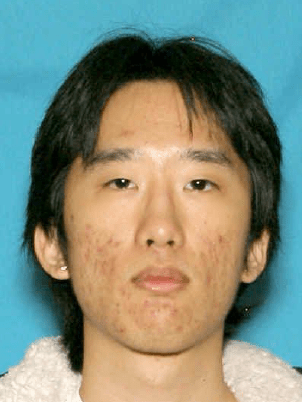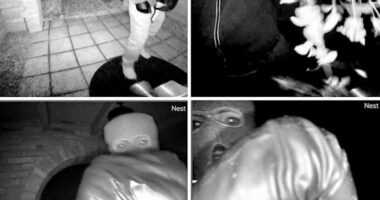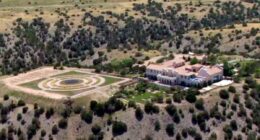Share this @internewscast.com

() Emergency medical workers rushed Tuesday to a federal prison in California where 32-year-old Daniel Jongyon Park was found unresponsive. He was later pronounced dead. No cause of death was immediately released. The FBI and U.S. Marshals are investigating his death.
Park was being held at the Metropolitan Detention Center in Los Angeles after he’d been indicted on charges of malicious destruction of property.
Prosecutors say he conspired to help Guy Edward Bartkus bomb the American Reproductive Centers fertility clinic in Palm Springs, California. Bartkus died in the bombing.
The clinic provides services to help people get pregnant, including in vitro fertilization and fertility evaluations.
‘Pro-mortalism’ believed to be the motive
The motive for the bombing was believed to be a nihilistic ideology. Bartkus was described as considering himself a “pro-mortalist,” someone who believes it’s better to die than to continue existing and that it’s wrong to bring new sentient life into the world.
Tracy Walder, a national security contributor and former federal agent, said Bartkus’ supposed views contrast with the “pro-life” ideology associated with strikes against abortion clinics.
“This essentially is the idea that it is more humane to kill humanity to prevent future suffering,” Walder said of Bartkus’ motives. “He believes that he is doing the humane thing.”
Park and Butkus planned for months, investigators say
Prosecutors say Park fled to Poland four days after the bombing. He was arrested at New York’s John F. Kennedy Airport after being deported from Poland.
The FBI says Park and Bartkus collaborated for months before the bombing, including testing explosives in the desert. They say Park made several shipments to Bartkus, including 180 pounds of ammonium nitrate and at least 270 pounds of a chemical compound used as an explosive precursor.
A search of Park’s home in suburban Seattle uncovered “an explosive recipe that was similar to the Oklahoma City bombing,” according to the FBI’s assistant director in charge, Akil Davis.
Park was facing up to 15 years in prison if he’d been convicted.
The clinic reopened two weeks after the bombing in a new location.
The Associated Press contributed to this report.










